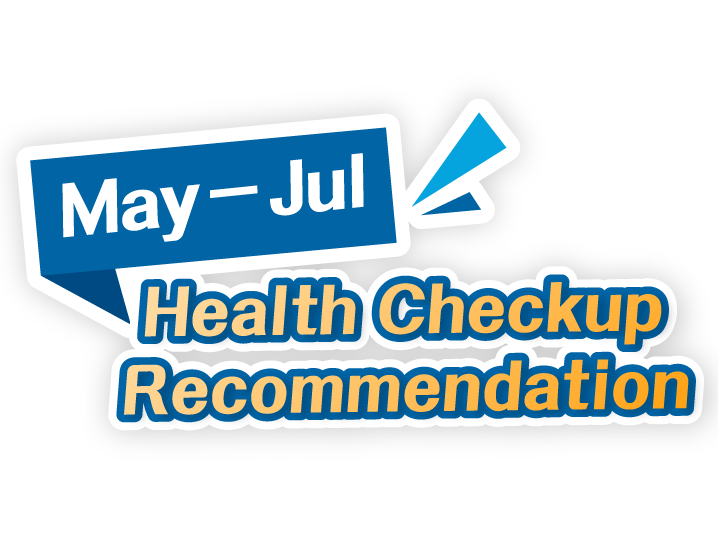- Home
- Don’t Wait for Symptoms: How Body Checks Can Help Prevent Disease
Don’t Wait for Symptoms: How Body Checks Can Help Prevent Disease

Regular body checks are an important part of maintaining good health and preventing disease. By detecting health issues early, body checks can help prevent more serious conditions and ensure that you stay healthy and well. In this article, we will explore the role of body checks in disease prevention and the various tests and screenings that are typically part of a comprehensive check-up.
Why are body checks important for disease prevention?
One of the key benefits of regular body checks is early detection of health issues. Many serious health conditions, such as cancer, heart disease, and diabetes, may not show symptoms in their early stages. By detecting these conditions early, treatment can begin sooner, which can greatly improve outcomes and reduce the risk of complications.
Another benefit of regular body checks is prevention of chronic diseases. By monitoring key health indicators and lifestyle factors, healthcare providers can identify areas where improvements can be made, such as diet, exercise, and stress management. Making these changes can help prevent chronic diseases and improve overall health and well-being.
What tests and screenings are typically part of a body check?
The specific tests and screenings that are part of a body check may vary depending on your age, gender, and medical history. However, there are several common tests that are typically included in a comprehensive check-up:
Blood pressure: High blood pressure is a common risk factor for heart disease and stroke. Checking blood pressure is a quick and easy way to monitor this important health indicator.
Cholesterol: High cholesterol levels are also a risk factor for heart disease. A blood test can measure your cholesterol levels and help identify any issues that need to be addressed.
Blood sugar: High blood sugar levels are a sign of diabetes or prediabetes, which can lead to a range of health complications if left untreated. A blood test can measure your blood sugar levels and help identify any issues.
Cancer screenings: Depending on your age and gender, you may need to get regular screenings for certain types of cancer, such as breast, cervical, colon, or prostate cancer.
Immunizations: Vaccines are an important part of disease prevention. Your healthcare provider may recommend certain immunizations based on your age, medical history, and other factors.
Physical exam: A physical exam can help identify any physical issues that need to be addressed, such as lumps, bumps, or other abnormalities.
The role of personalized body checks
While there are certain tests and screenings that are typically included in a body check, it’s important to remember that everyone’s health needs are different. A personalized body check takes into account an individual’s unique health history, lifestyle, and risk factors to provide tailored recommendations and interventions.
For example, if you have a family history of heart disease, your healthcare provider may recommend more frequent screenings for cholesterol and blood pressure. Or, if you have a history of skin cancer, your provider may recommend more frequent skin exams.
By tailoring a body check to your specific needs, you can ensure that you are getting the right tests and screenings to prevent disease and maintain good health.
Conclusion
Regular body checks are an important part of disease prevention and maintaining good health. By detecting health issues early and monitoring key health indicators, body checks can help prevent chronic diseases, improve outcomes, and ensure that you stay healthy and well. If you haven’t had a body check recently, talk to your healthcare provider to schedule an appointment and discuss any concerns you may have.

